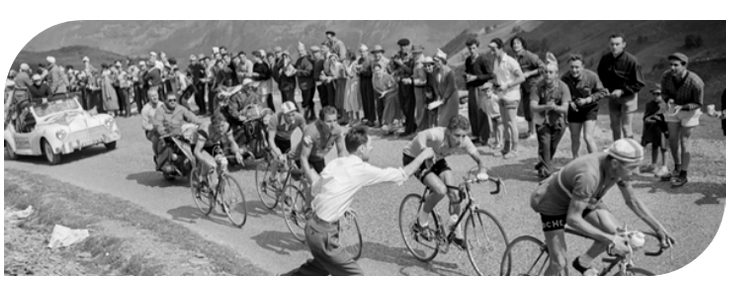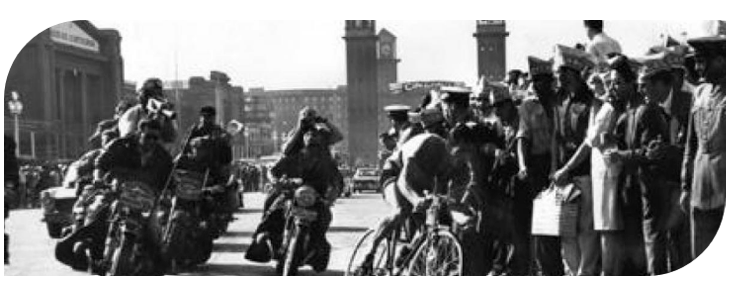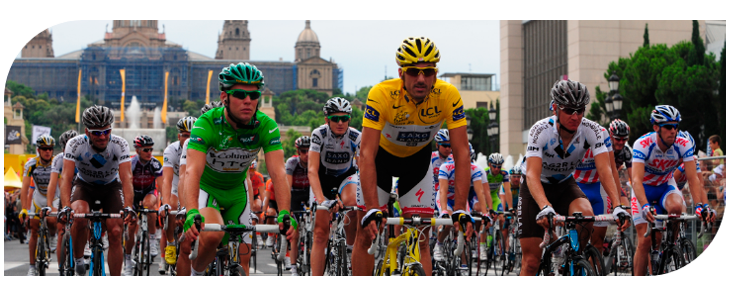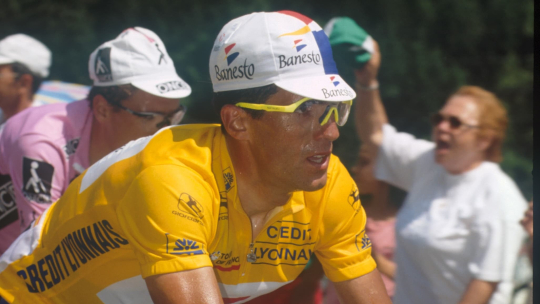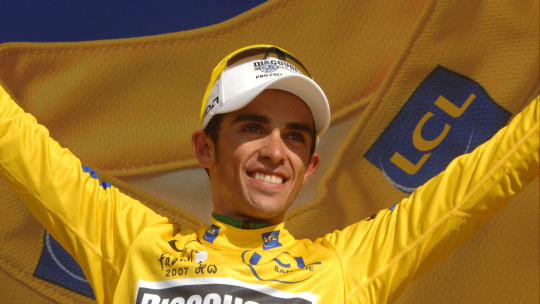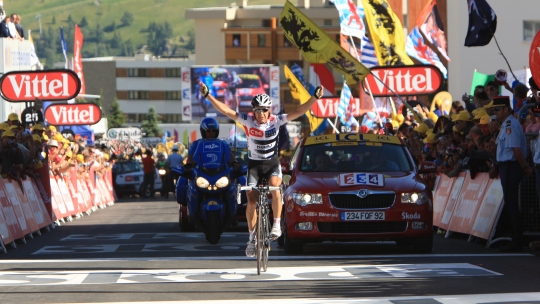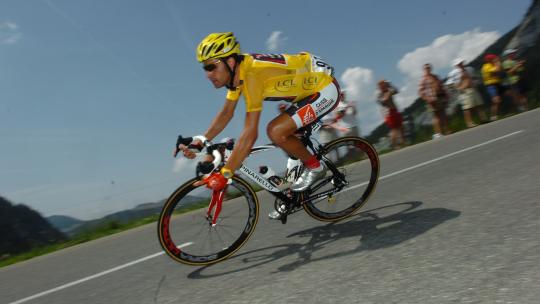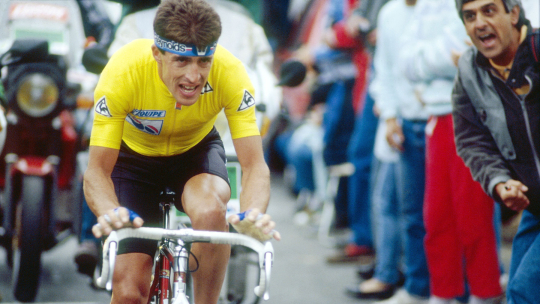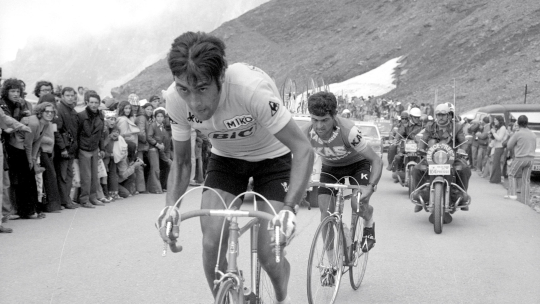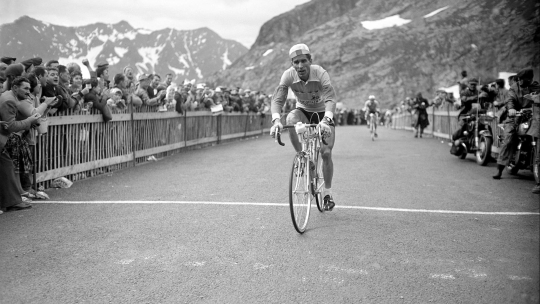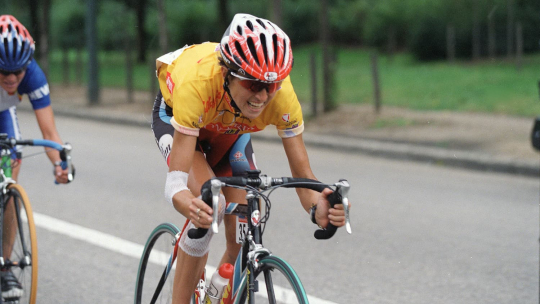Barcelona, the start of the 2026 Tour
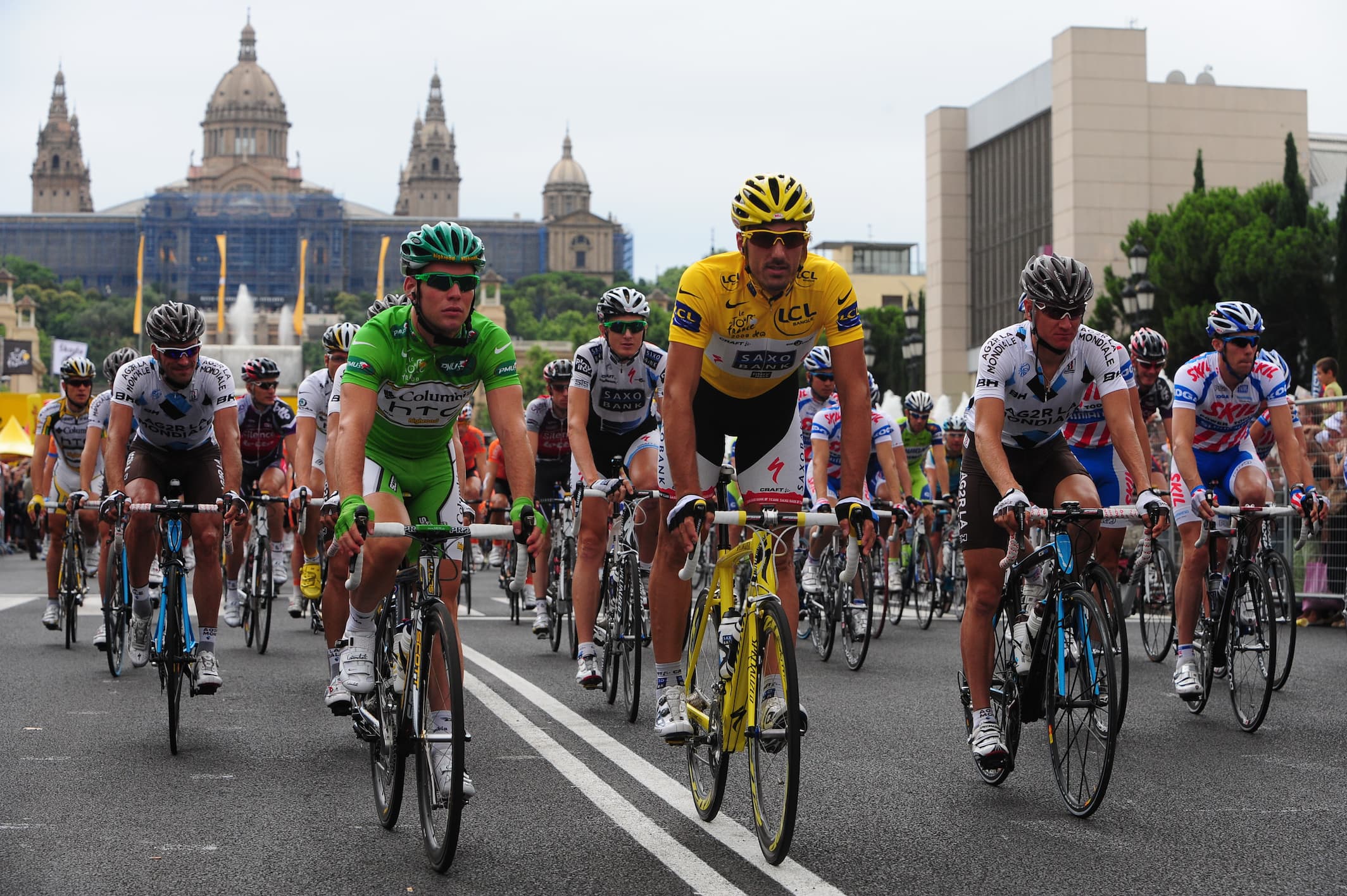
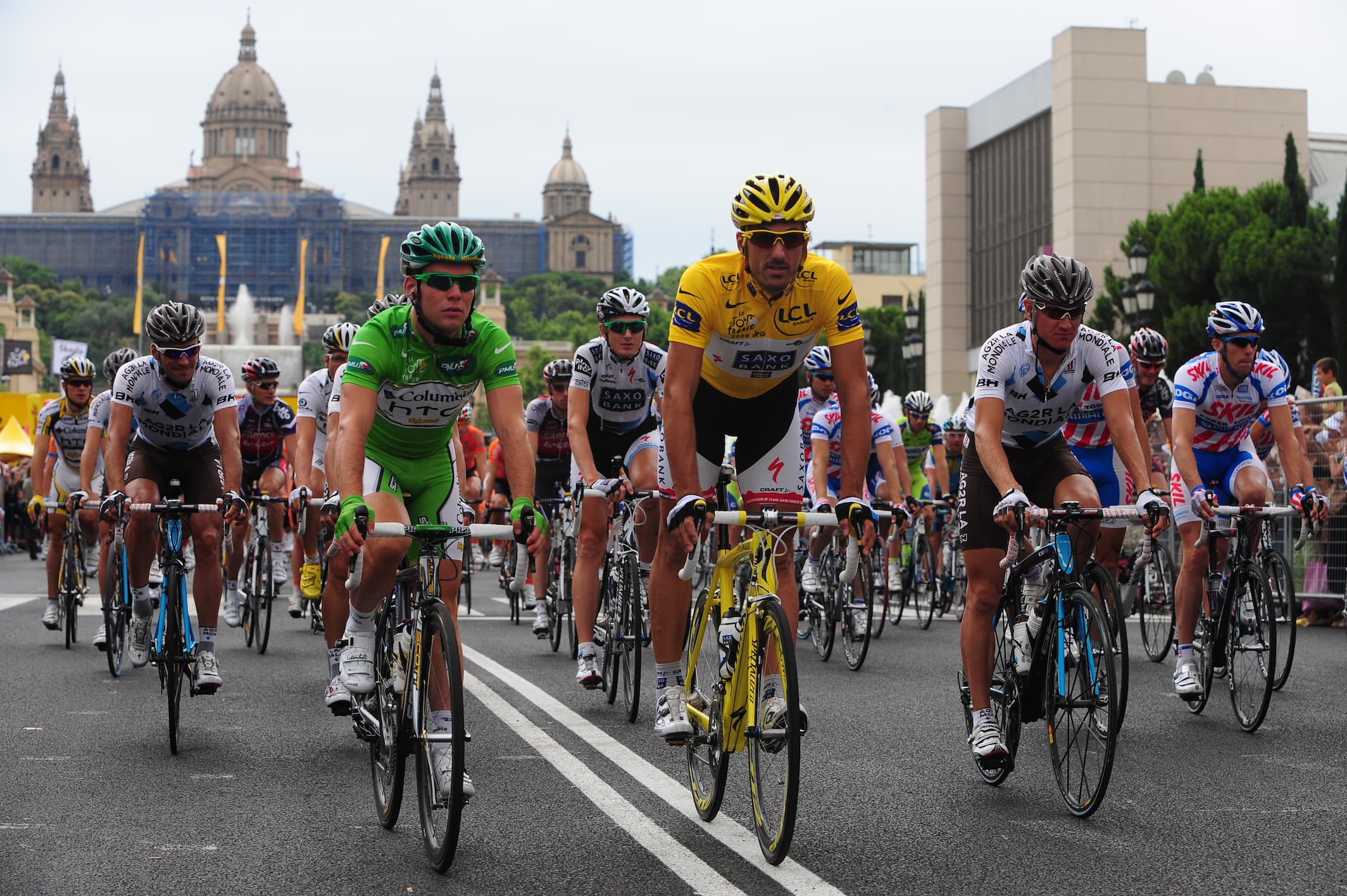
For the first time, the Tour de France™ will start in the capital of Catalonia
In July 2026, Barcelona will host the Tour de France™ Grand Départ for the first time. This historic event will place it at the heart of world cycling and reaffirm its reputation as a sports city that organises major events while remaining connected to local communities. Together with Tarragona, Granollers and other Catalan towns and cities, it’ll take centre stage for the start of a race that will showcase the diversity of the landscape, as well as Catalonia’s culture and track record when it comes to organising events.
The Tour de France™ is much more than simply a cycling competition. It’s a rendezvous with history, a celebration of sport and a global event with an unparalleled impact in the media and on society as a whole. With a history spanning over 120 years and 113 editions, it’s the oldest, most famous and most widely watched cycling race in the world, broadcast to over 190 countries and with 150 million estimated viewers in Europe alone.
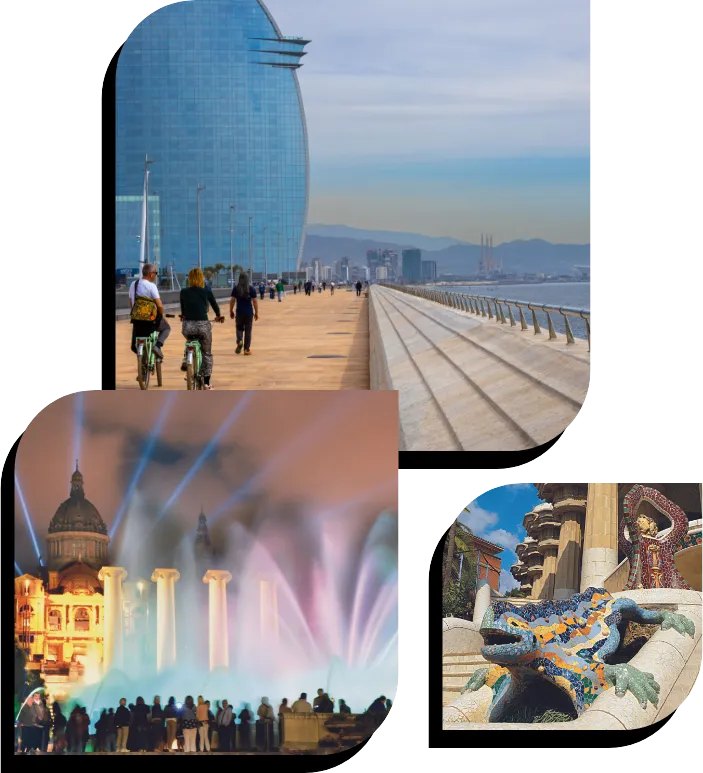


Since its first edition in 1903, the Tour has evolved as a cultural and sporting phenomenon. It has set off from various world capitals and has become a symbol of cycling as a team sport that involves hard work and overcoming challenges. Its annual kick-off, the Grand Départ, has become a platform for host cities and regions to showcase their culture, landscape and economy.
The Tour has passed through Barcelona on three previous occasions (1957, 1965 and 2009), and has always made people the protagonists. Each edition has filled the streets with activities, excitement and public engagement. The public has responded enthusiastically, helping make the Tour a shared celebration with roots in the city’s social fabric. These civic and emotional ties between the city and the race make 2026 much more than a departure: it’s the natural continuation of a historic partnership that is now looking to the future.
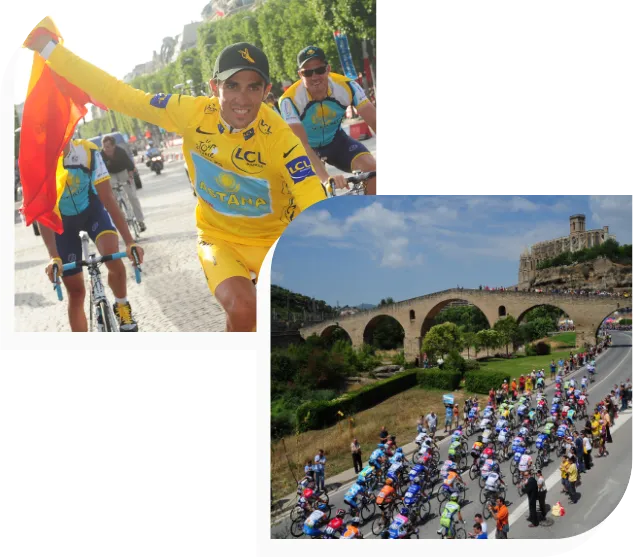
Barcelona’s four Tours
Greats who have made history
Eight Spaniards, seven men and one woman, have won the Tour de France™. Figures who have inspired fans and left their mark on the history of world cycling.
Here are some of the most famous:
All of them are part of the cycling legacy that has defined our relationship with the Tour de France™. And this legacy lives on with the 2026 Grand Départ, when a new generation will once again pedal towards the future.

